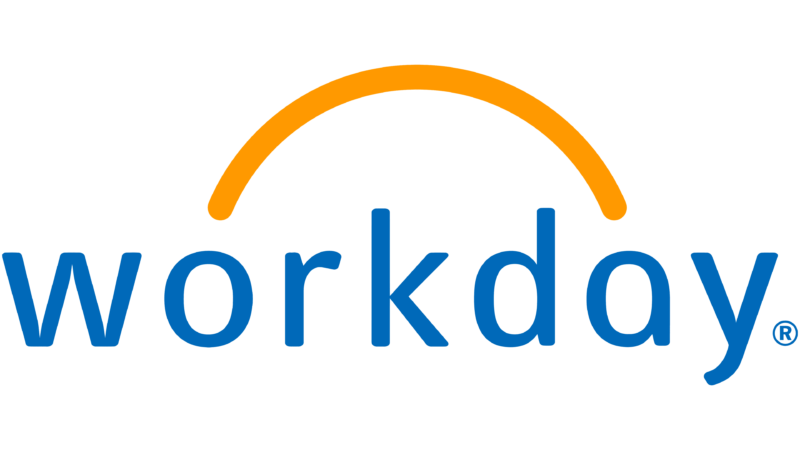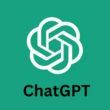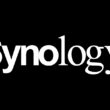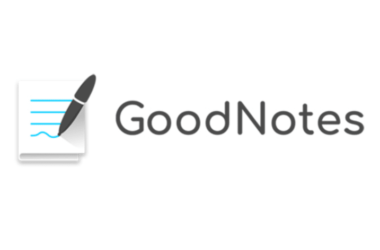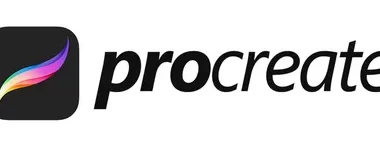In the ever-evolving landscape of Human Capital Management (HCM) solutions, the quest for the perfect alternative to Workday is both a strategic necessity and an intricate decision. As organizations seek streamlined HR and finance management processes, selecting the right platform becomes paramount.
This comprehensive guide explores the critical factors that should guide your decision-making, ensuring that the chosen Workday alternative aligns seamlessly with the unique needs and aspirations of your organization. From scalability to security, each factor plays a pivotal role in charting a course towards an HCM solution that not only meets your present requirements but also anticipates and adapts to the future dynamics of your organization.
Join us on this journey as we unravel the essential considerations for selecting the ideal Workday alternative that will empower your organization to thrive in the fast-paced world of human capital management.
Exploring Workday: Features, Limitations, and Uniqueness
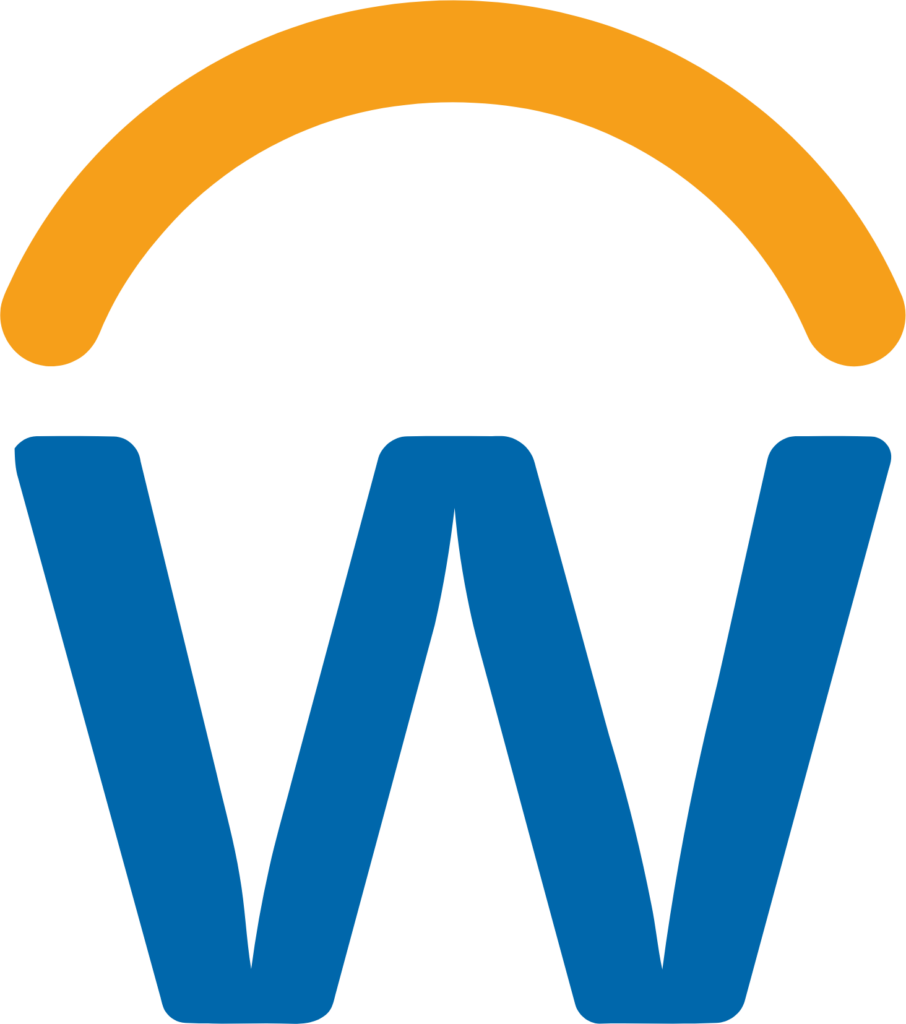
In the dynamic realm of Human Capital Management (HCM), Workday stands tall as a beacon of efficiency, revolutionizing how organizations manage their HR and financial processes.
Understanding Workday Features
Here are some of the features that make Workday standout from the rest of its competitors:
- Cloud-Based Efficiency: At the heart of Workday’s appeal lies its cloud-based architecture. This feature facilitates unparalleled flexibility, allowing seamless access to data and applications from anywhere on the globe. For businesses navigating the challenges of remote work and global collaboration, this cloud-based efficiency is a game-changer, fostering a dynamic and interconnected work environment.
- Unified HR and Finance Management: Workday excels in breaking down silos by integrating HR and finance functions seamlessly. This integration provides organizations with a unified platform, eliminating data disparities and offering a comprehensive view of the organization’s processes. The synergy between HR and finance reduces redundancies, enhances data accuracy, and empowers decision-makers with real-time insights.
- Intuitive User Interface: In the fast-paced corporate landscape, user experience is paramount. Workday’s intuitive user interface stands as a testament to this understanding. Employees find navigation a breeze, empowering them to access information and perform tasks with ease. This user-friendly design promotes self-service, reducing the workload on HR personnel and fostering a more empowered workforce.
- Advanced Analytics: Data is a valuable asset, and Workday leverages it to the fullest. The advanced analytics tools embedded within Workday empower organizations to make data-driven decisions. This capability allows businesses to optimize strategies, identify trends, and enhance overall performance by harnessing the power of actionable insights.
Limitations of Workday
No solution is without its challenges, and Workday is no exception. Understanding its limitations is crucial for organizations contemplating their HCM strategy.
- Implementation Challenges: While the benefits of Workday are substantial, its implementation can be a double-edged sword. Organizations may encounter challenges aligning the system with their unique processes, leading to potential delays and increased implementation costs. A comprehensive onboarding strategy is paramount to navigate these challenges effectively.
- Customization Constraints: Workday’s strength lies in its standardized features, but this can be a limitation for organizations with highly specific needs. Customization options are somewhat constrained, potentially causing friction for businesses seeking tailored solutions that align perfectly with their workflows.
- Cost Considerations: The cost of implementing and maintaining Workday can be a significant factor for businesses, especially smaller ones with tighter budgets. The pricing structure, which includes implementation costs and ongoing subscription fees, may pose financial challenges that necessitate a reevaluation of the overall cost-benefit equation.
Why Seek a Workday Alternative?
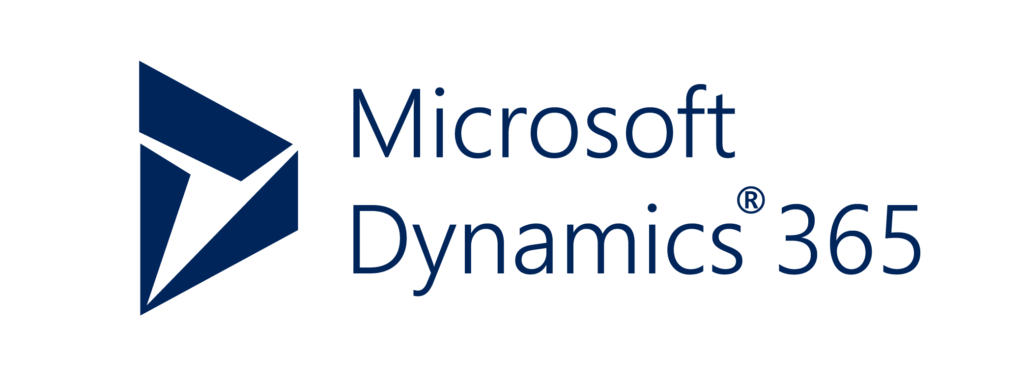
In the ever-evolving landscape of business operations, the decision to seek a Workday alternative is often driven by a combination of nuanced factors. As organizations continually adapt to changing environments, exploring alternative solutions becomes imperative. Let’s delve deeper into the motivations that prompt businesses to venture beyond the familiar realms of Workday.
1. Customization Demands: Tailoring Solutions to Unique Needs
Workday, with its standardized configurations, may not always align seamlessly with the highly specific needs of certain organizations. The call for customization, driven by unique workflows and industry-specific requirements, becomes a catalyst for seeking Workday alternatives. Businesses aspire for solutions that offer the flexibility to adapt and mold according to their distinctive processes, ensuring a perfect synergy between the HCM platform and organizational intricacies.
2. Budgetary Considerations: Balancing Efficiency and Financial Viability
While Workday undeniably delivers a comprehensive suite of features, its pricing structure can pose financial challenges, particularly for smaller businesses operating with tighter budgets. The costs associated with implementation, ongoing subscription fees, and potential customization expenses may prompt organizations to reassess their financial strategy. Exploring Workday alternatives that offer comparable functionalities at a more cost-effective price point becomes a pragmatic approach to achieving operational excellence without compromising financial viability.
3. Industry-Specific Requirements: Catering to Niche Business Landscapes
Various industries come with unique HR and financial management demands. Workday, designed with a broad spectrum of businesses in mind, may not adequately address the intricacies of certain sectors. Seeking Workday alternatives that specialize in catering to industry-specific requirements ensures a more tailored approach, aligning the HCM solution seamlessly with the nuanced processes and compliance standards inherent to particular business landscapes.
4. Adaptability to Rapid Growth: Scaling Operations Effectively
In the dynamic realm of business, growth is often the ultimate goal. Workday’s implementation challenges and potential constraints in adapting to rapid expansion can hinder the seamless scalability that growing organizations require. Businesses on a trajectory of rapid growth seek Workday alternatives that offer a smoother transition, robust scalability features, and the agility to accommodate increasing data volumes and user requirements. The ability to adapt effortlessly to evolving operational landscapes becomes a pivotal factor in the quest for the perfect HCM alternative.
Commonly Used Workday Alternatives For Streamlined HR and Finance Management

The landscape of Human Capital Management (HCM) solutions is vibrant and diverse, presenting organizations with an array of Workday alternatives. These alternatives, each with its distinctive features and capabilities, cater to the dynamic needs of modern businesses striving for streamlined HR and finance management. Let’s embark on a detailed exploration of additional Workday alternatives to provide a comprehensive understanding of their offerings.
1. Oracle HCM Cloud: A Comprehensive HR Suite
Oracle HCM Cloud stands out as an industry giant, offering a robust and comprehensive suite of HR solutions. Scalability is a key strength, allowing organizations to adapt seamlessly to evolving demands. Modules such as talent management, workforce analytics, and employee engagement empower businesses to cultivate a high-performing and engaged workforce. Oracle HCM Cloud’s versatility makes it a prime choice for enterprises seeking an integrated solution that goes beyond traditional HR functions.
2. SAP SuccessFactors: Elevating Talent Management
For organizations prioritizing talent management, SAP SuccessFactors takes the spotlight. This cloud-based HCM solution excels in optimizing workforce performance and nurturing employee development. The platform’s rich feature set includes performance management, learning, and succession planning, providing a holistic approach to talent optimization. SuccessFactors emerges as a strategic choice for businesses aiming to foster continuous employee growth and contribute to organizational success.
3. ADP Workforce Now: All-in-One HR Solution
ADP Workforce Now positions itself as an all-encompassing solution, seamlessly integrating HR, payroll, and time management. Its user-friendly interface caters to businesses of all sizes, providing a unified platform for managing essential HR functions. The robust reporting and analytics tools empower organizations with actionable insights, facilitating informed decision-making. ADP Workforce Now’s comprehensive approach makes it an invaluable asset for businesses seeking efficiency and accuracy in their HR and finance management processes.
4. Kronos Workforce Ready: Excellence in Workforce Management
Kronos Workforce Ready rises to the occasion, offering a cloud-based platform that excels in meeting the intricate demands of modern workforce management. With features such as scheduling, timekeeping, and compliance management, Kronos ensures organizations can efficiently manage their workforce, optimize productivity, and maintain compliance with labor regulations. Workforce Ready is a strategic choice for businesses placing a premium on workforce efficiency and compliance in an ever-evolving regulatory landscape.
5. Ultimate Software (now part of UKG): Prioritizing Employee Experience
UltiPro by Ultimate Software (now part of UKG) prioritizes the employee experience, setting it apart in the HCM landscape. This cloud-based HR and payroll solution places a strong emphasis on user engagement and satisfaction, fostering a positive workplace culture. From payroll and benefits management to employee self-service, UltiPro is designed to create an environment where employees feel valued, engaged, and empowered. It positions itself as an ally in enhancing the overall work experience, contributing to employee retention and organizational success.
6. Microsoft Dynamics 365 Human Resources: Unified HR Processes
Microsoft Dynamics 365 Human Resources seamlessly integrates with other Microsoft applications, providing a unified platform for HR processes and talent management. Its strength lies in fostering collaboration and streamlining communication through features like employee self-service, leave management and performance analytics. Organizations invested in the Microsoft ecosystem find Dynamics 365 Human Resources a convenient and integrated solution for their HR and finance management needs.
7. Ceridian Dayforce: Real-Time Workforce Insights
Ceridian Dayforce distinguishes itself with a comprehensive suite covering HR, payroll, benefits, and workforce management. What sets it apart is the emphasis on real-time analytics, contributing to informed decision-making. The platform provides a dynamic view of workforce trends, allowing organizations to address challenges and capitalize on opportunities proactively. Dayforce’s commitment to real-time insights positions it as a strategic choice for organizations seeking a data-driven approach to workforce management.
8. BambooHR: Tailored HR Solutions for SMEs
Designed specifically for small to medium-sized businesses, BambooHR offers a user-friendly HR software solution. Simplifying processes such as employee records, time-off tracking, and performance management, BambooHR caters to the unique needs of smaller enterprises. It provides an affordable and efficient Workday alternative, ensuring that SMEs have access to a comprehensive HR solution that fosters growth, efficiency, and compliance.
9. Infor CloudSuite HCM: Scalable Cloud-Based Solution
Infor CloudSuite HCM stands out with a scalable cloud-based solution encompassing robust HR and talent management features. Its flexibility accommodates businesses of varying sizes and complexities, offering a tailored approach to HCM. With modules for recruiting, performance management, and learning, Infor CloudSuite HCM caters to diverse organizational needs. The platform’s scalability ensures that businesses can adapt and grow without the constraints of traditional HCM solutions.
10. PeopleSoft: Versatile On-Premises or Cloud-Based ERP
PeopleSoft, an offering from Oracle, provides versatile on-premises or cloud-based ERP solutions, including HCM functionality. Its flexibility caters to diverse organizational needs, making it a formidable Workday alternative. With modules covering HR, payroll, and benefits, PeopleSoft adapts to evolving business landscapes, ensuring organizations can navigate change effectively. Its versatility positions PeopleSoft as an adaptable and reliable choice for organizations with varying complexities and preferences.
Factors To Consider While Choosing The Perfect Workday Alternative

Selecting the ideal Human Capital Management (HCM) solution as an Workday alternative requires a careful consideration of various factors. The decision-making process involves evaluating not only the features of the alternatives but also aligning them with the specific needs and nuances of your organization. Let’s delve into the essential factors that should guide your decision-making when choosing the perfect Workday alternative.
1. Scalability: Adapting to Future Growth
Scalability stands as a critical factor in the selection of a Workday alternative. Consider the growth trajectory of your organization and ensure that the chosen solution can seamlessly scale alongside it. An HCM platform that can accommodate increased data volumes, user requirements, and evolving business complexities ensures a future-proof investment that can adapt to the dynamic landscape of your organization.
2. Customization Options: Tailoring Solutions to Unique Processes
The level of customization offered by a Workday alternative plays a pivotal role in how well it aligns with your unique business processes. Evaluate the extent to which the alternative can be tailored to meet your organization’s specific requirements. A solution with robust customization options ensures that the HCM platform integrates seamlessly with your workflows, addressing your specific needs without compromising efficiency.
3. Cost-effectiveness: Aligning with Budget Constraints
Beyond the initial investment, consider the total cost of ownership when selecting a Workday alternative. Assess implementation costs, subscription fees, and any additional expenses associated with customization or ongoing support. Ensure that the chosen solution aligns with your budget constraints while providing a comprehensive set of features that justify the investment. A cost-effective Workday alternative allows organizations to optimize operational efficiency without sacrificing financial stability.
4. Integration Capabilities: Fostering a Connected Ecosystem
The ability of an HCM solution to integrate seamlessly with other essential business applications is paramount. Evaluate the integration capabilities of the Workday alternative to ensure that it fosters a connected ecosystem. A solution that can effortlessly collaborate with existing tools such as CRM systems, communication platforms, or project management tools enhances overall operational efficiency, reducing data silos and streamlining processes.
5. User Training and Adoption: Promoting Ease of Use
User training and adoption are crucial factors influencing the success of an HCM platform. Prioritize alternatives with intuitive interfaces that minimize the learning curve for end-users. Robust training programs and user-friendly design contribute to smooth adoption, reducing disruptions during the transition. A Workday alternative that prioritizes user experience ensures that your workforce can harness the full potential of the platform, maximizing its impact on daily operations.
Conclusion
In the ever-evolving landscape of HR and finance management solutions, finding the right Workday alternative requires a meticulous assessment of features, limitations, and organizational needs. Each alternative mentioned in this article offers unique advantages, catering to diverse business requirements. By considering factors such as scalability, customization, cost-effectiveness, integration, and user adoption, organizations can confidently navigate the realm of HCM alternatives and optimize their operational efficiency.




